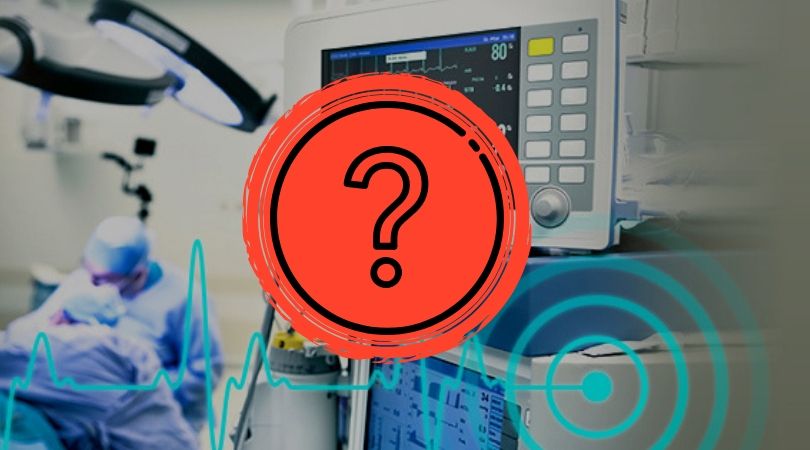
Whether you are an established player or an aspirant wanting to get into the booming medical devices business in India, the thought of improving your market share has never left you for one moment. As a matter of fact, with intense competition and pricing challenges, established players are now more worried about maintaining their market share.
The marketing and advertising industry have been taken by a storm since companies like Facebook and Google made an appearance. However, medical devices are serious business and neither Facebook nor Google can be the relevant platforms for product promotions and advertising for this domain. With Facebook carrying an impression of casual social networking and Google being used more for search, serious businesses such as the medical device manufacturers have been found wanting for an appropriate vehicle to effectively deliver their product information to an equally serious clientele – the doctors.
There is one avenue that the medical device manufacturers have used for a long time albeit ineffectively or should I rather say – insufficiently, and that is education. Almost all the major players have budgets allocated every year to sponsor CME’s. These CME’s done in the traditional manner have very limited mechanisms for tracking ROI, are expensive, are difficult to organize and almost impossible to scale. In such a situation it becomes critical to make use of cutting edge technology which can help in delivering the same services to a large customer base at a fraction of the cost.
Let’s take an example. A traditional CME requires a medical device manufacturer to spend on the venue, food, transportation, hotel stay for KOL’s and participants alike and also the standard expenses for engaging the KOL. With a finite budget, how many doctors can you cater to with such a CME? The answer will always be – a few tens (standard) to at the most. few hundreds (for companies with deep pockets).
Now consider this scenario, where a leading medical device manufacturer engaged a KOL for a CME, used cutting edge technology to deliver the CME, and this time instead of bringing the doctors to the venue, took the CME to the doctor – to his hospital, to his home or to his car. It really didn’t matter where the doctor was, the technology of today had the power to reach anywhere.
Let’s quickly analyse the situation.
Did the manufacturer lose out on anything? No, nothing at all.
What about leads that are usually generated at the venue? Well, technology had the features to present the manufacturer’s products and generate enquiries. The manufacturer managed to generate more leads than he could even imagine.
Did the manufacturer really manage to create economies of scale? Of course, for a fixed cost of the technology platform, the manufacturer now has the ability to reach not just customers of geography but the whole world. He was creating economies of a scale way beyond what was imagined possible in the past.
The example above is not a hypothetical case but a reality. More and more manufacturers have started using technology to reach the customers, deliver education and use the opportunity to educate the doctor on the products offered. It’s turning out to be convenient to all the stakeholders, the medical device manufacturer, the KOL and the end customer.
Meditorch Technologies offers one such platform – LapGuru that has become the go-to resource for medical device manufacturers for conducting their eCME’s. LapGuru has cutting edge features that have made it a favourite amongst surgeons and hence it is ubiquitous in the surgery education domain.
If you are a medical device manufacturer, you must use this modality and experience how it impacts your product promotion and education strategies.


